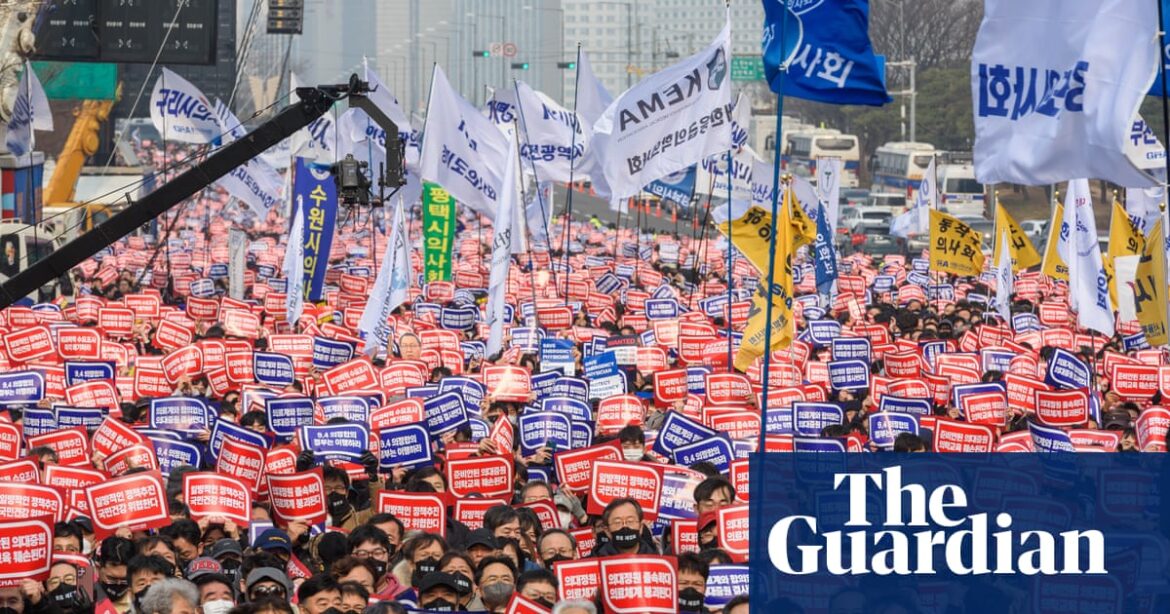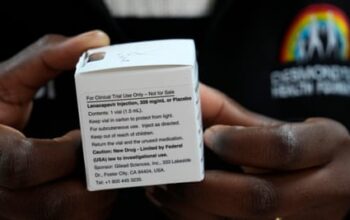
The South Korean government has begun implementing measures to revoke the medical licenses of numerous protesting doctors. There are concerns that this ongoing disagreement, which has lasted for a month, is impacting the quality of frontline healthcare services.
Media sources have reported that the strike undertaken by nearly 12,000 physicians from 100 medical schools has resulted in cancelled surgeries, increased wait times, and treatment delays. This includes cases where patients require immediate attention.
The health department has initiated measures that may result in the revocation of licences for 4,900 doctors on strike who refuse to comply with the mandate to resume working.
The ministry has issued administrative notifications, in response to prior warnings, informing strikers that they may face a three-month suspension. This punishment could potentially delay their qualifications as specialists for up to one year.
The dispute, which has become increasingly heated, started as a demonstration against the government’s proposal to significantly increase the number of new doctors in order to address shortages in rural regions and to handle the growing demand for services due to South Korea’s aging population.
However, the group of 11,994 doctors on strike, comprising 93% of the trainee employees, argue that the plan to increase yearly student intake by 2,000 starting in 2025 will negatively impact the quality of services. Instead, they are advocating for better pay and working conditions.
This week, the ministry of health announced plans to allocate 20 military surgeons and 138 public health doctors to increase personnel at certain hospitals. However, they denied claims that the state of the country’s healthcare system was chaotic.
The director of the health and medical policy division at the ministry, Chun Byung-wang, proposed that any doctors who come back to work will not be punished. Chun stated, “The government will consider the situation and provide protection for trainee doctors who resume their duties before the administrative procedure is finished.”
The government is committed to maintaining dialogue and keeping an open door policy. They will also make sure to value and consider the opinions of the medical community as they work on medical reforms.
Last week, the government announced efforts to address the disagreement by implementing changes to salary and working conditions for medical trainees. They also agreed to evaluate the use of 36-hour shifts, which is a major concern for junior doctors. However, these actions have not satisfied the doctors.
There is an increasing call for the two parties to engage in negotiation.
The Kyunghyang Shinmun newspaper stated in an editorial that doctors and the government should not be seen as opponents in a fight and emphasized the need for constructive dialogue between them in order to find a way out of the current tense situation.
Some critics have accused President Yoon Suk Yeol of using the proposed medical reforms to benefit his political party, People Power, in the upcoming national assembly elections.
A recent survey conducted by Yonhap news agency revealed that 84% of those surveyed were in favor of hiring additional doctors, while 43% believed that doctors participating in strikes should face severe consequences.
Source: theguardian.com



